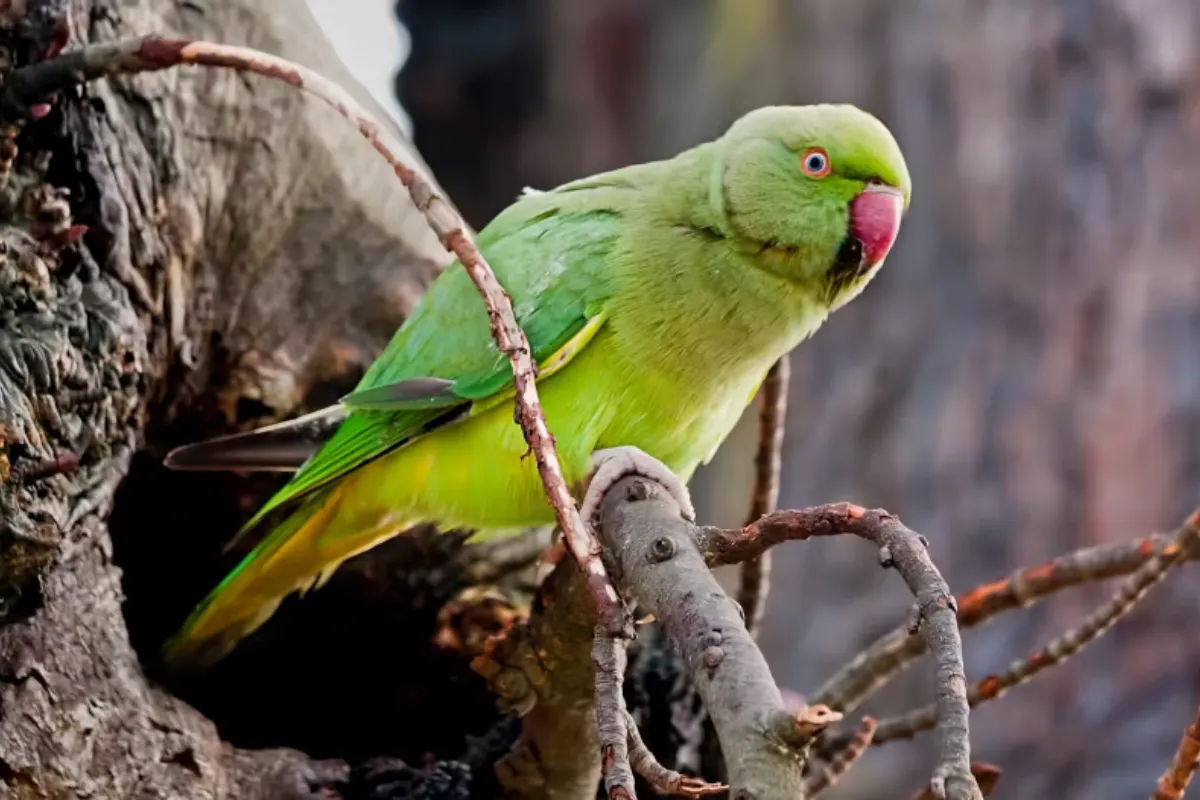Psittacosis, commonly known as parrot fever, has emerged as a significant concern in Europe, resulting in the deaths of five individuals. This respiratory infection, primarily affecting birds, has seen a surge in cases across five European nations.
DON'T MISS
Symptoms and Transmission
Psittacosis presents flu-like symptoms, including fever, chills, headache, and dry cough, typically appearing within two weeks of exposure to infected birds. While the disease is more prevalent among individuals in close contact with birds, transmission between humans is rare.
The Current Situation
Austria, Denmark, Germany, Sweden, and the Netherlands have all reported an increase in psittacosis cases compared to previous years. Some cases have been linked to bird exposure, while others occurred without any reported contact.
Country-Specific Cases
- Austria: 14 cases in 2023 and four additional cases in early 2024, unrelated to each other or bird contact.
- Denmark: Around 23 cases between late 2023 and late February 2024, with one linked to an infected pet bird and others associated with wild bird exposure.
- Germany and the Netherlands: Higher-than-usual numbers of cases, with many resulting in hospitalization and fatalities.
- Sweden: A doubling of cases in late 2023 but a decrease in early 2024, indicating a fluctuating pattern.
Investigation and Prevention
Further investigation is needed to determine the cause of the increased cases, whether due to actual infection rates or improved surveillance. Affected countries are conducting epidemiological investigations and analyzing samples from wild birds for signs of infection.
Precautionary Measures
The WHO advises pet-bird owners to maintain clean cages, avoid overcrowding, and practice good hygiene when handling birds or their droppings. Newly acquired birds should be quarantined and monitored for signs of illness.
